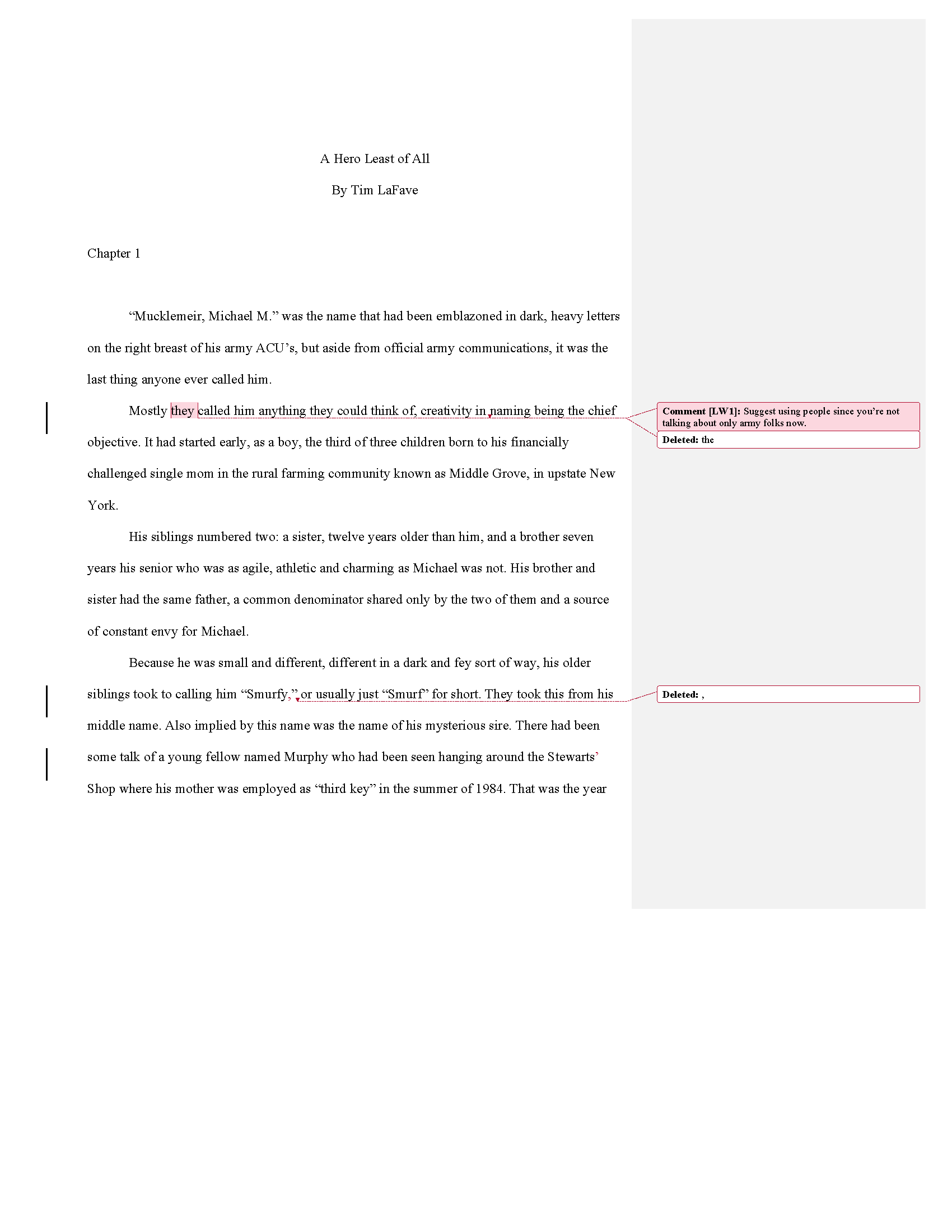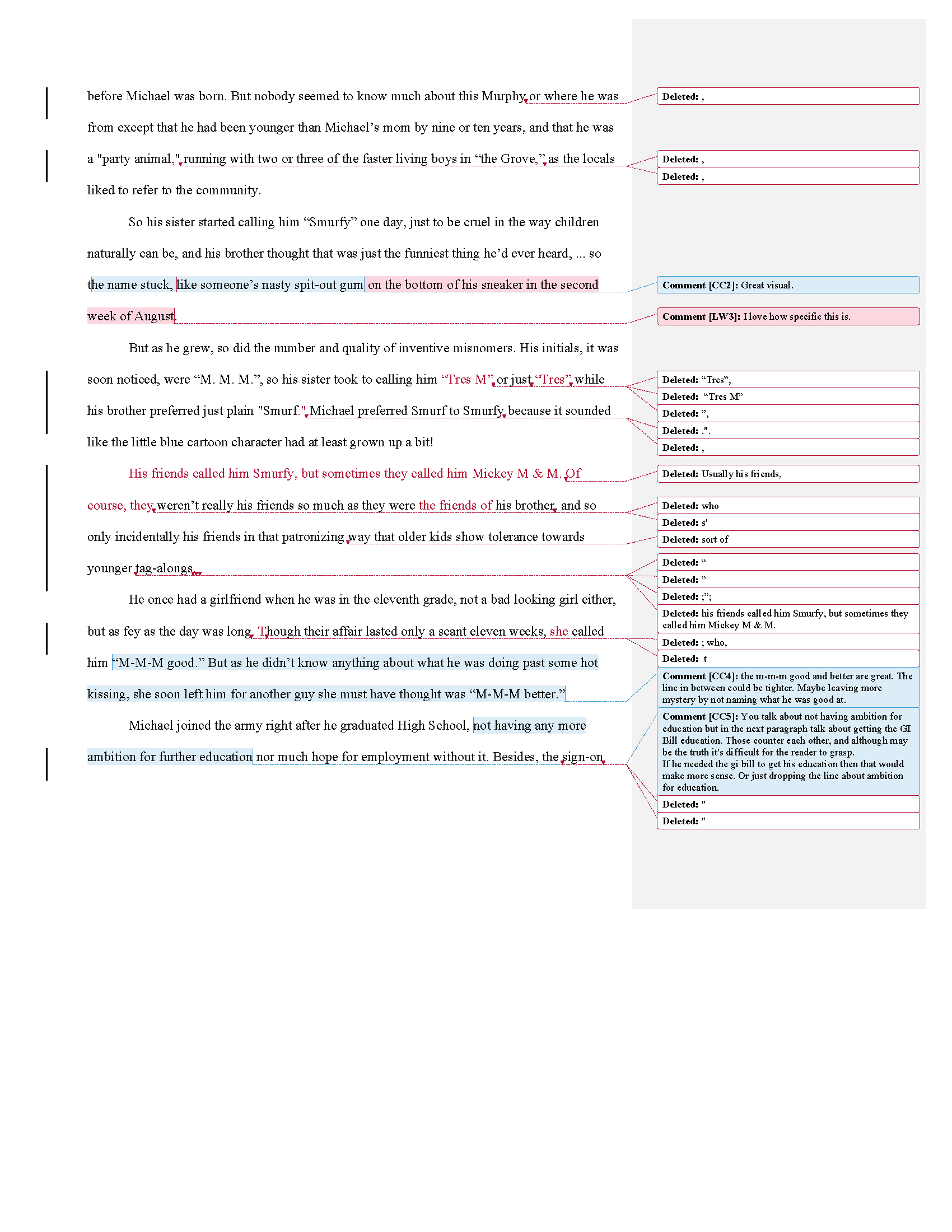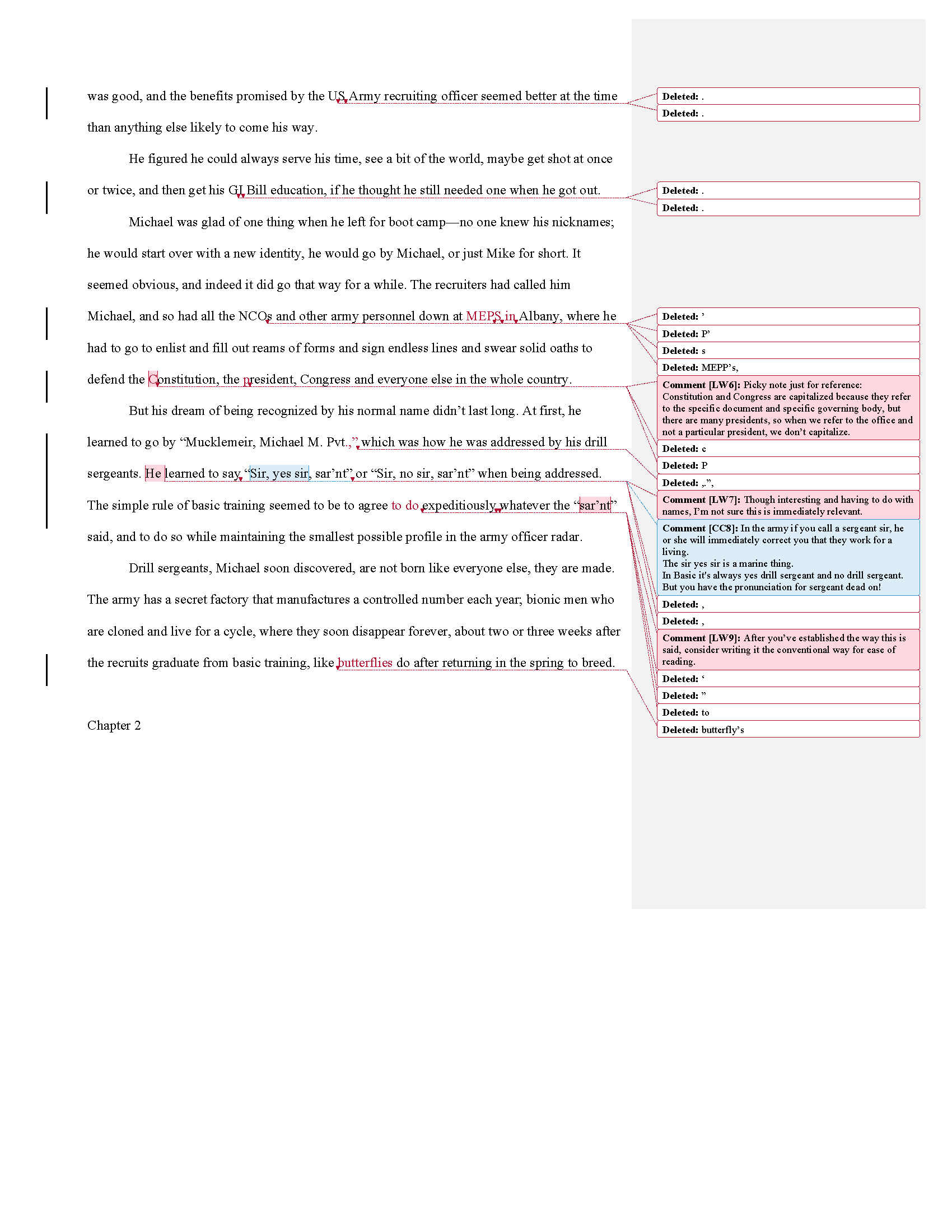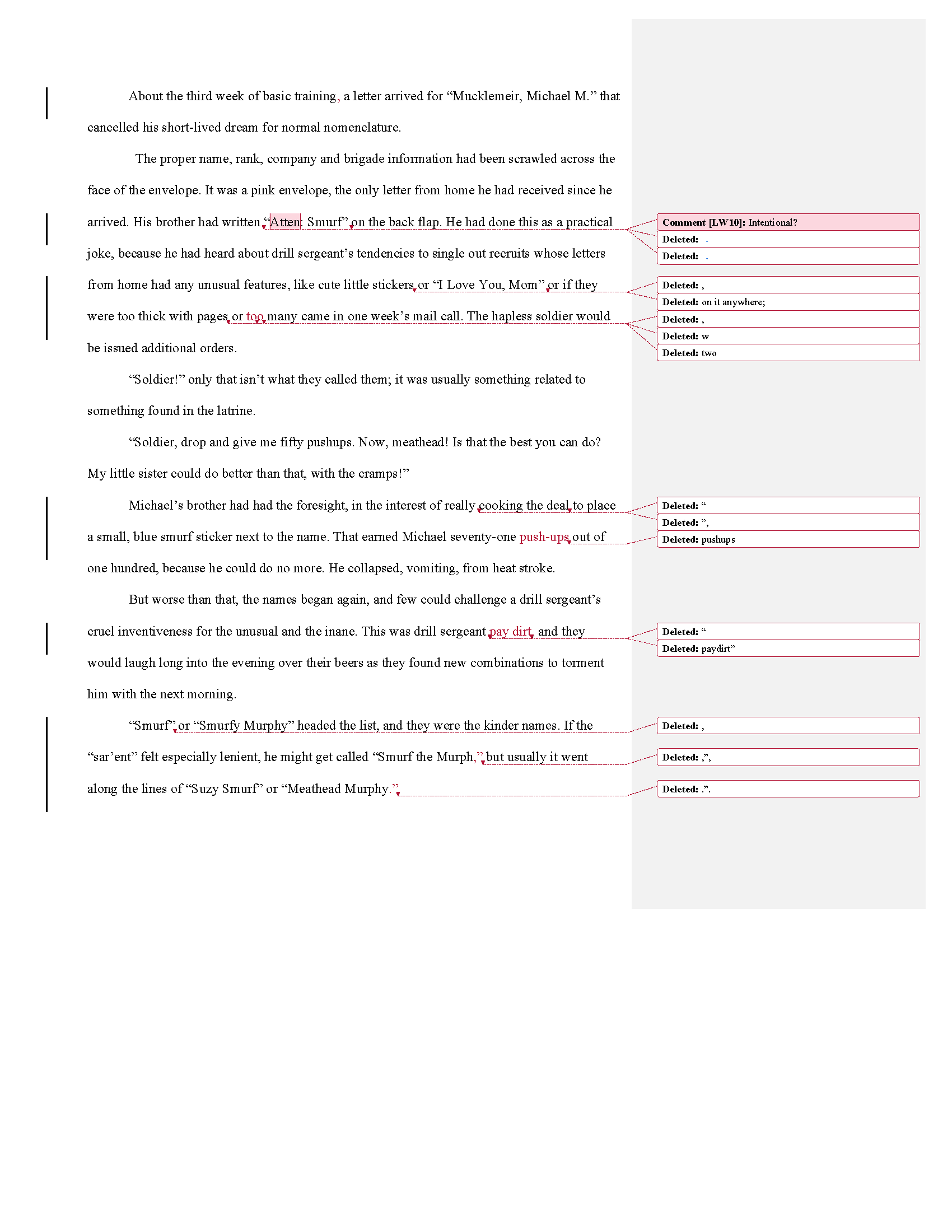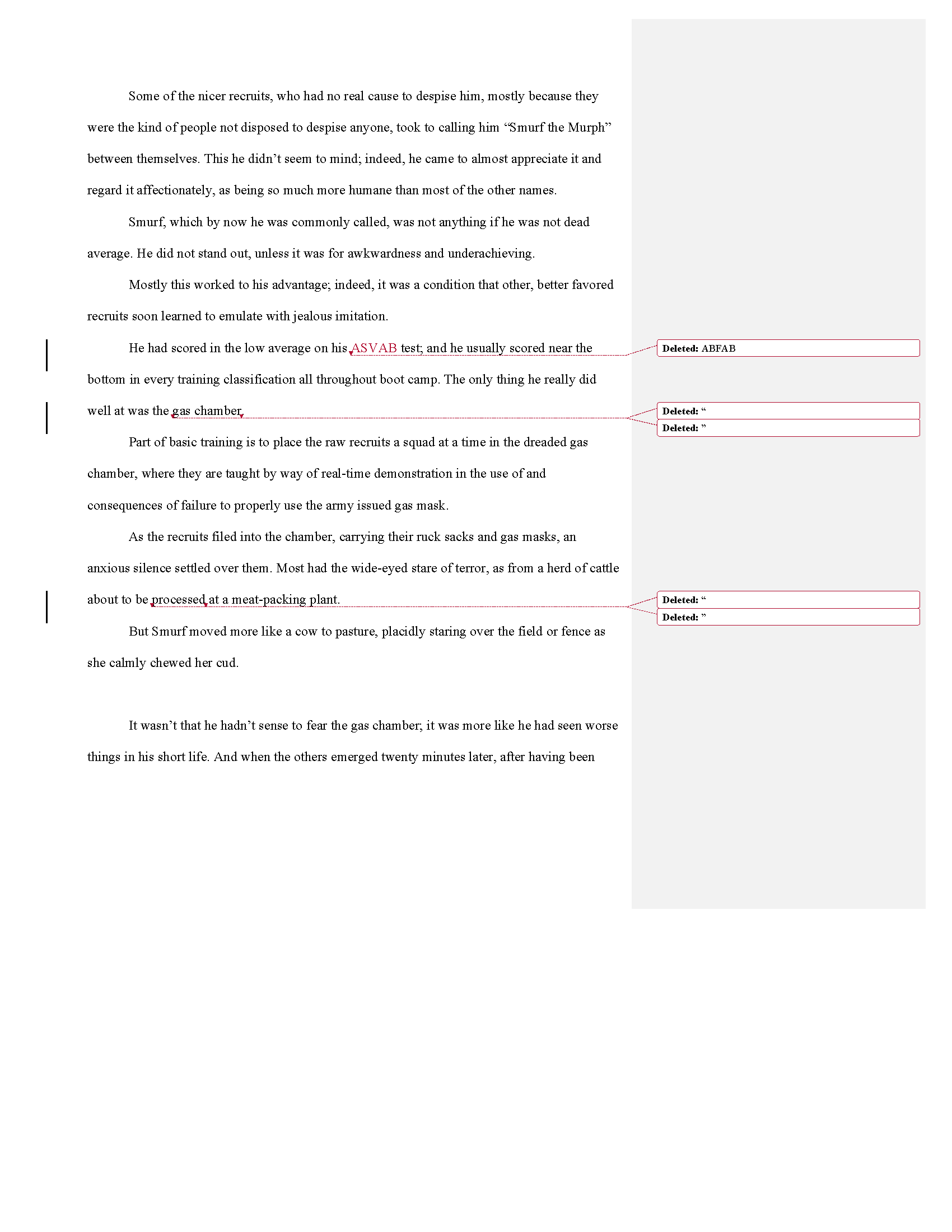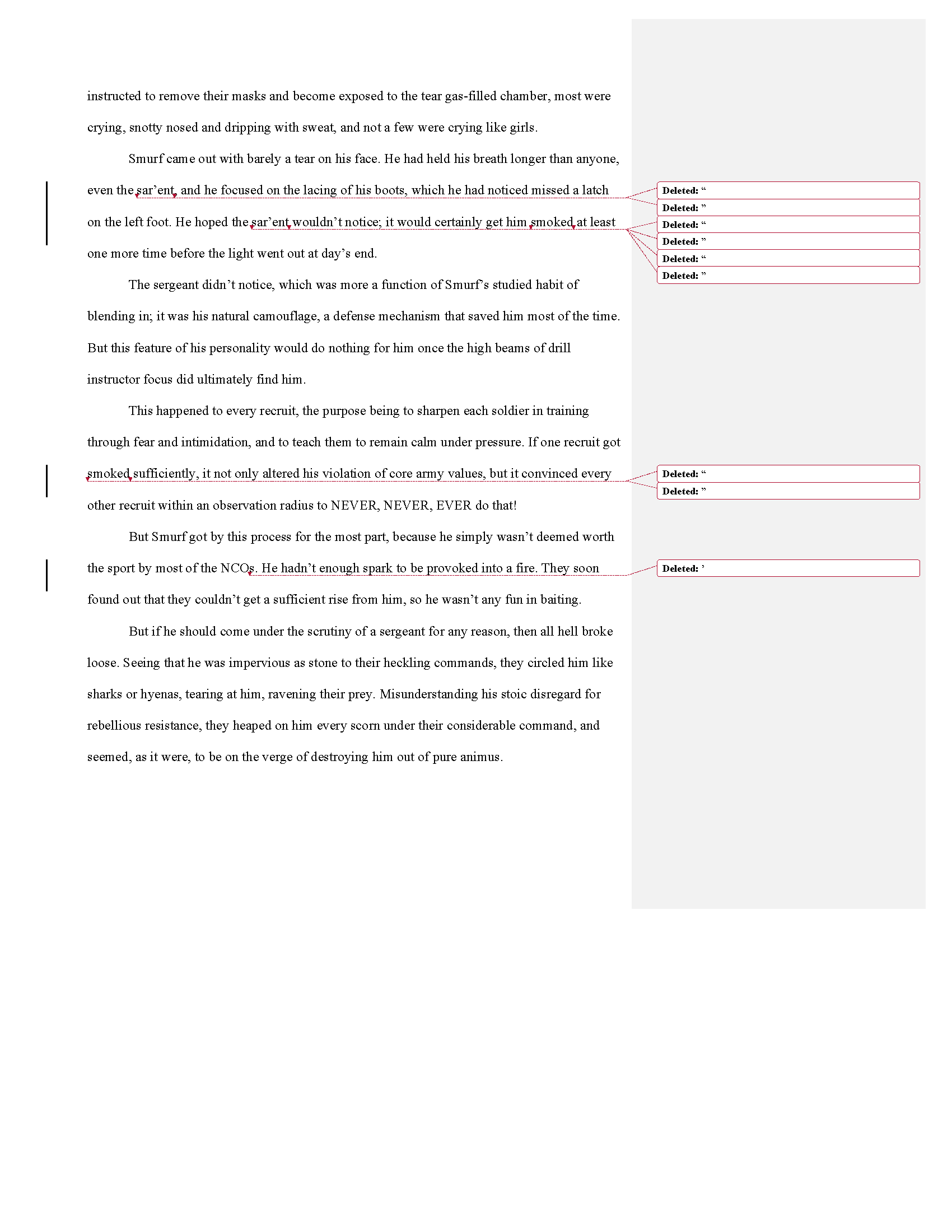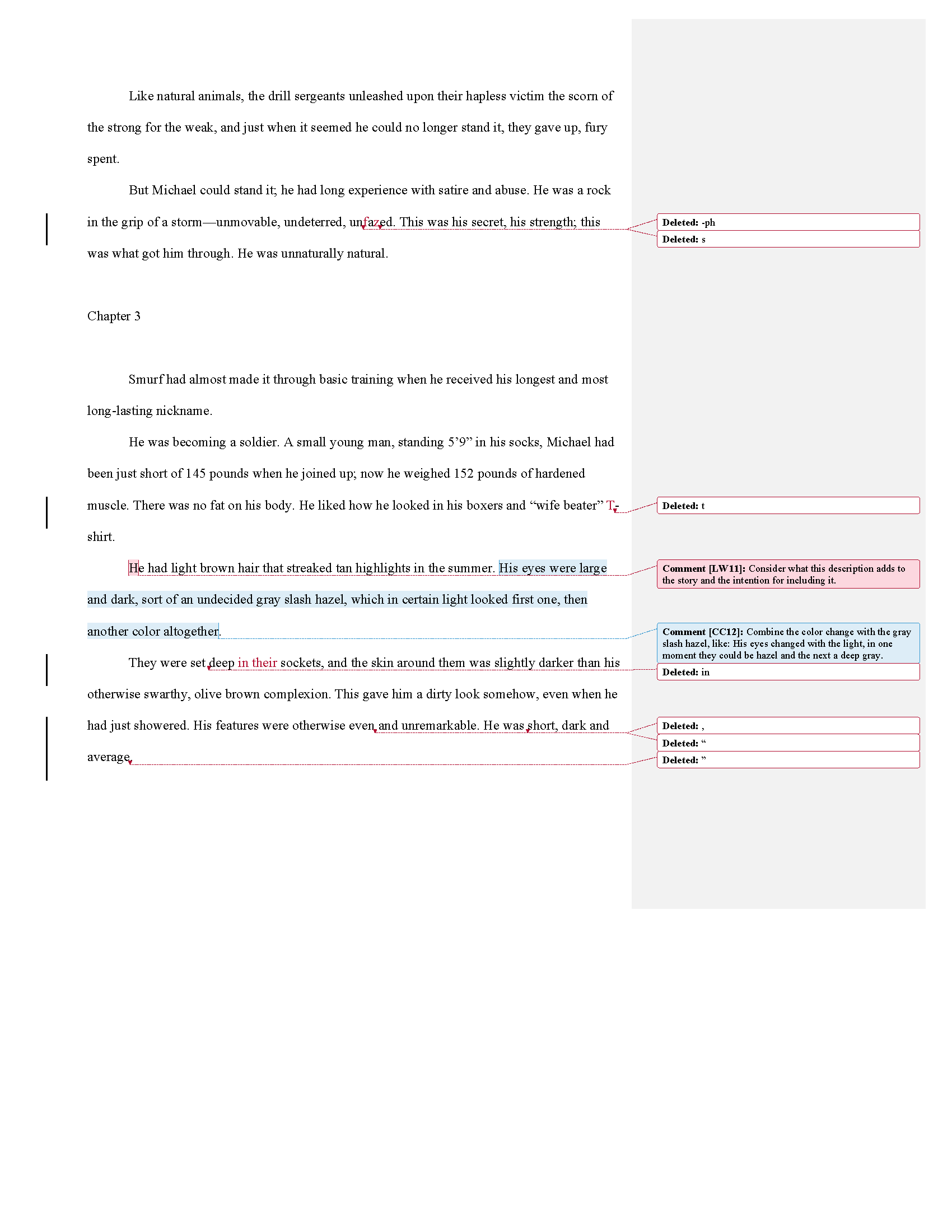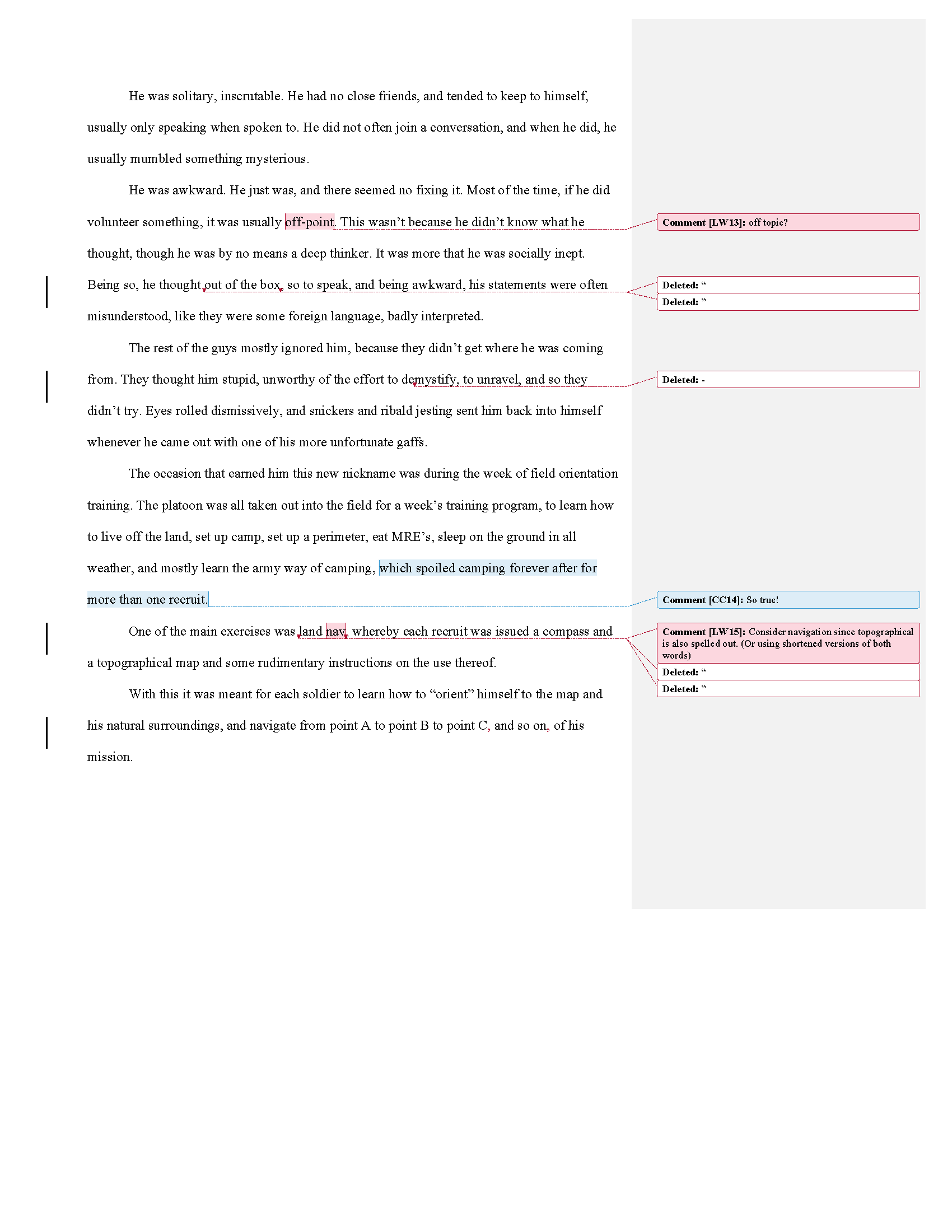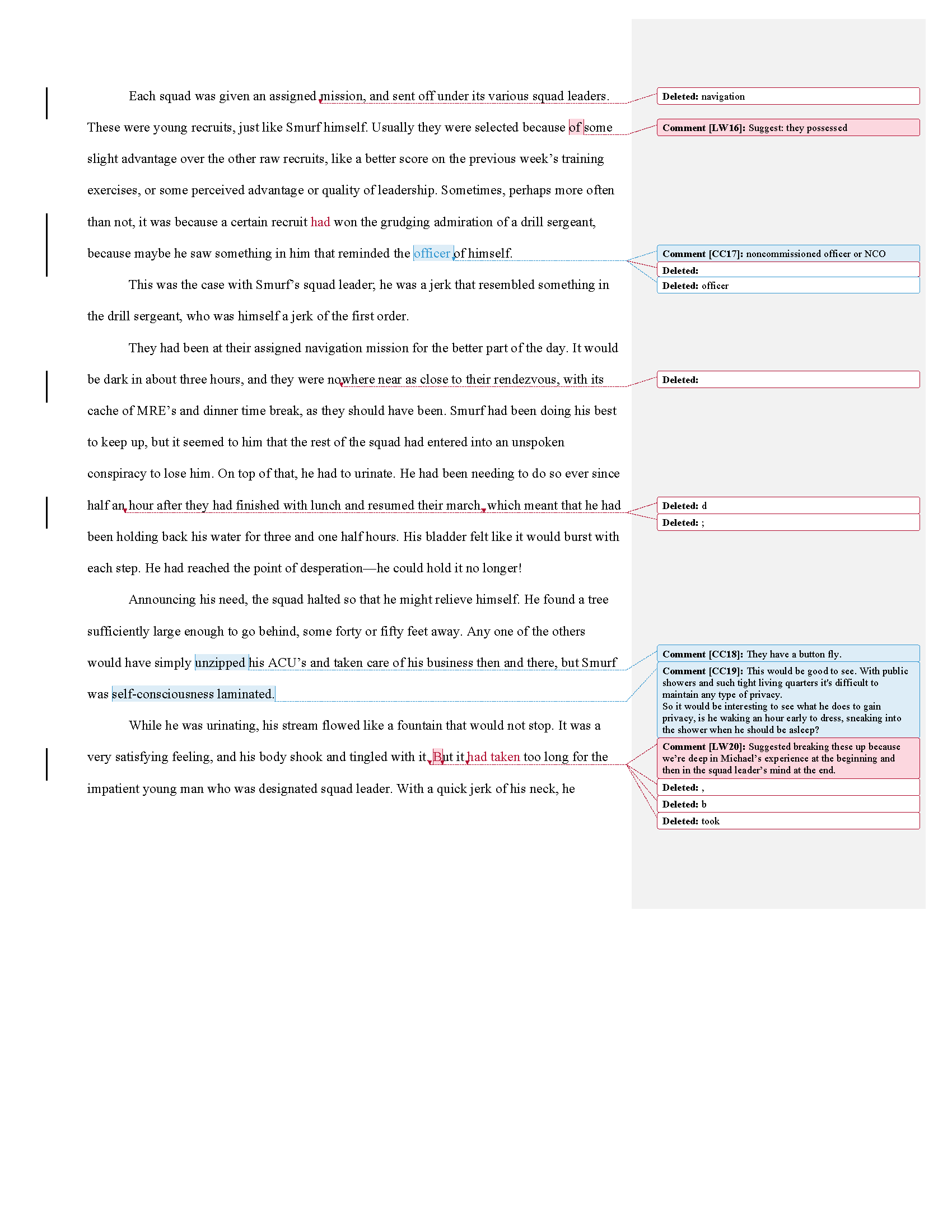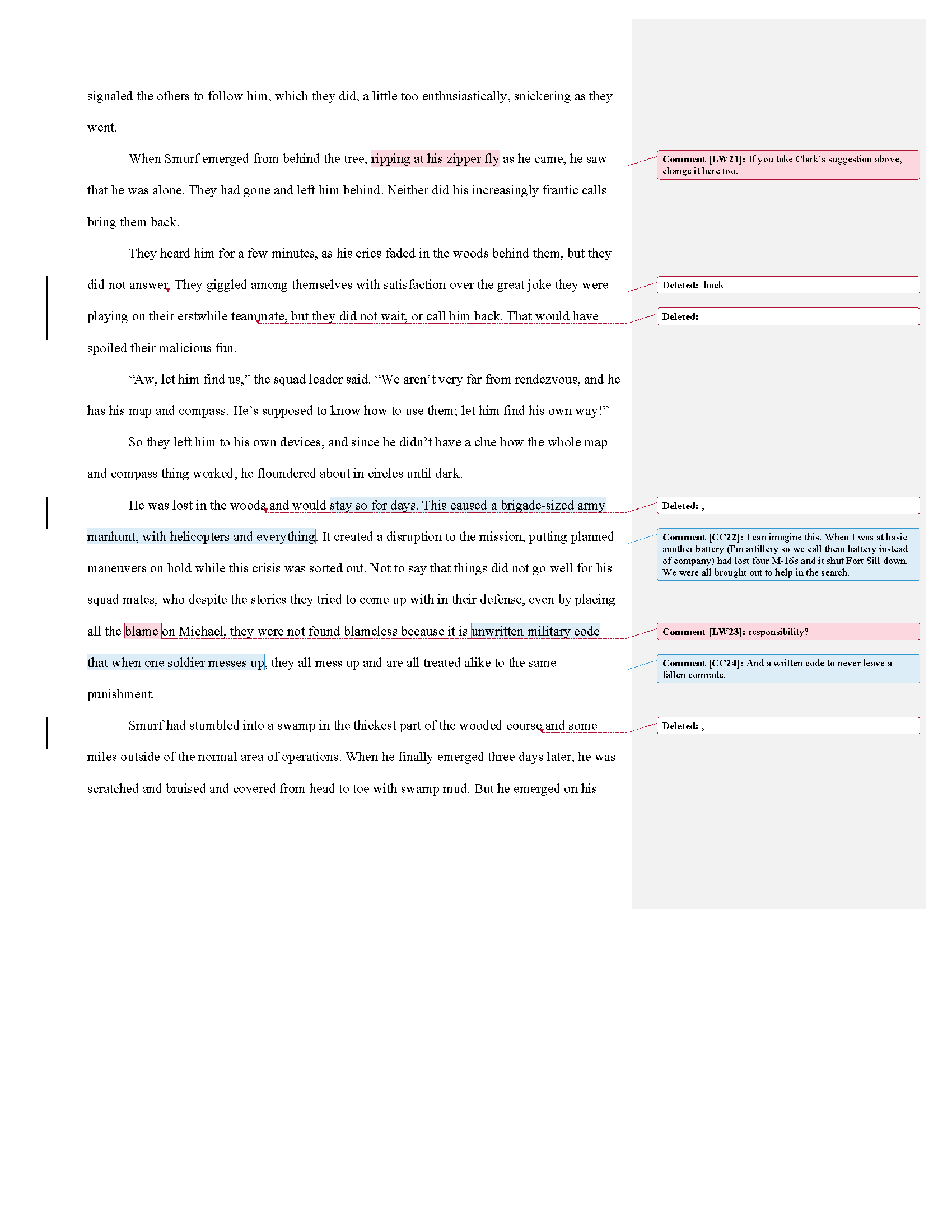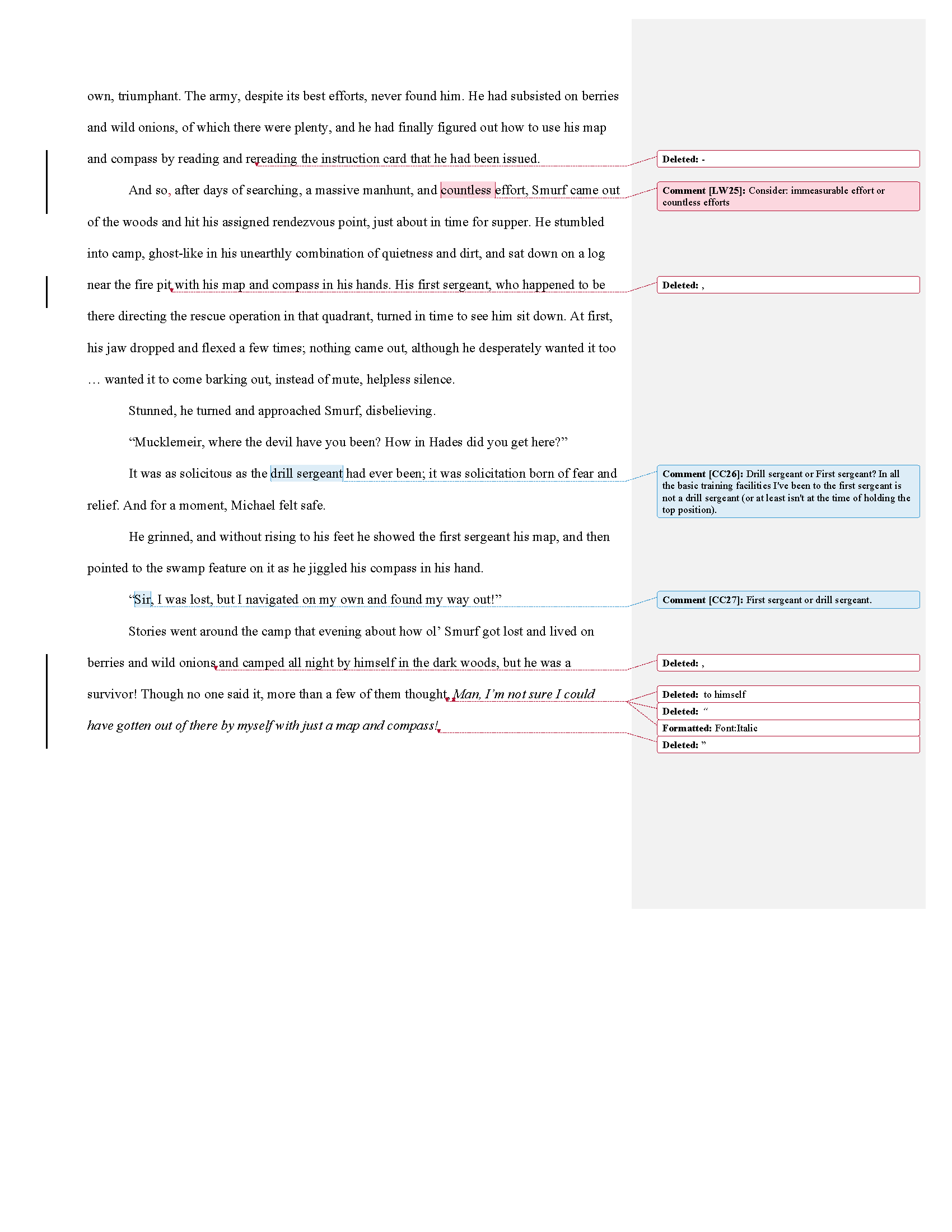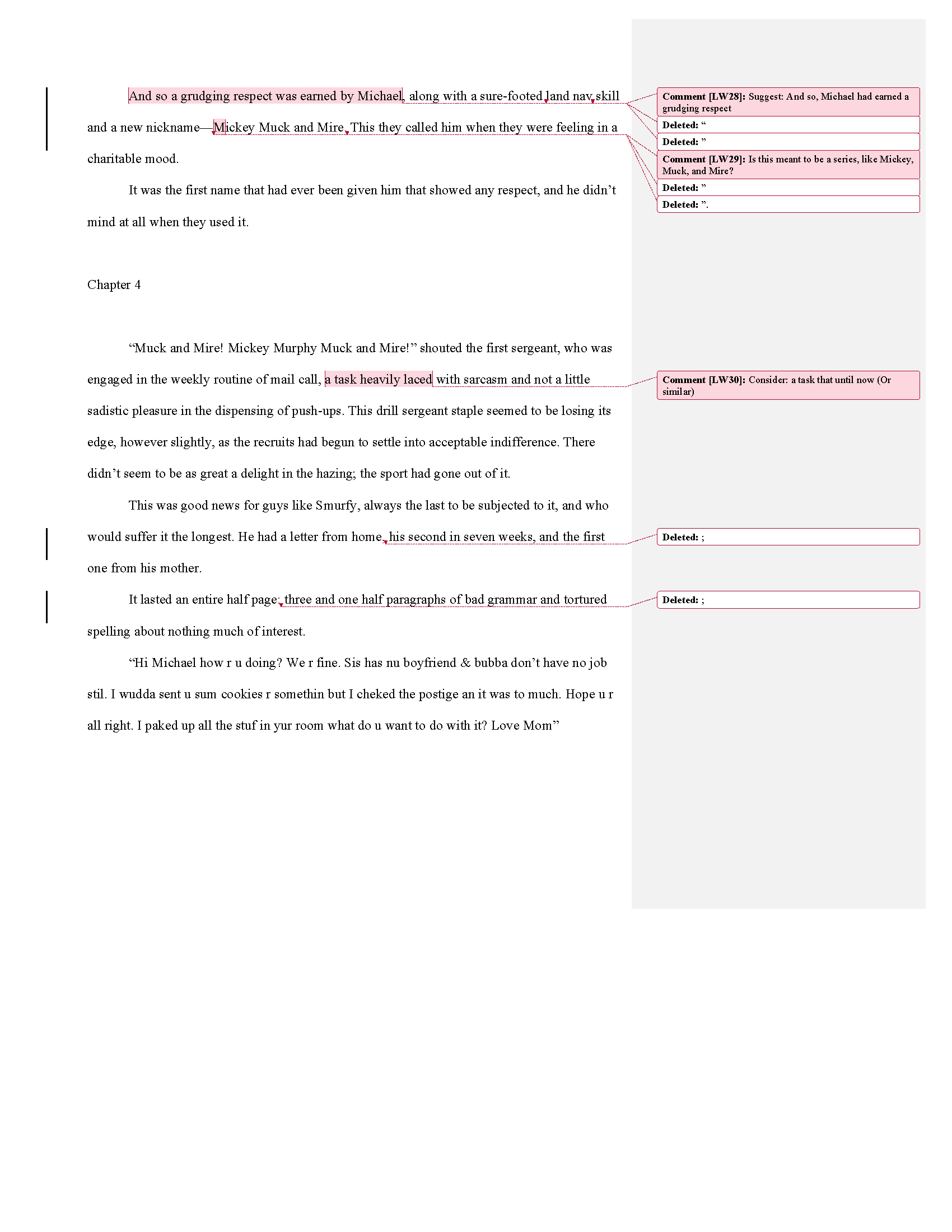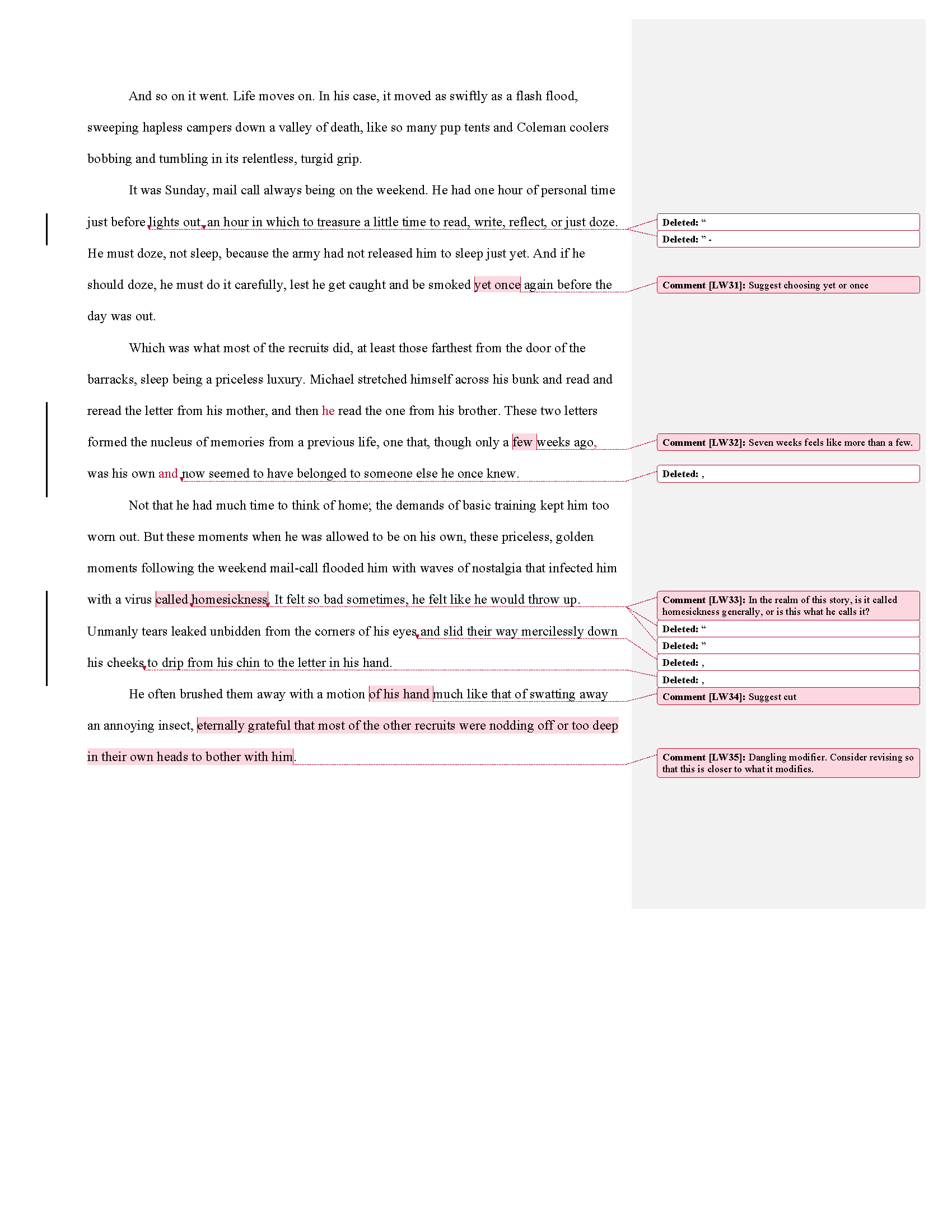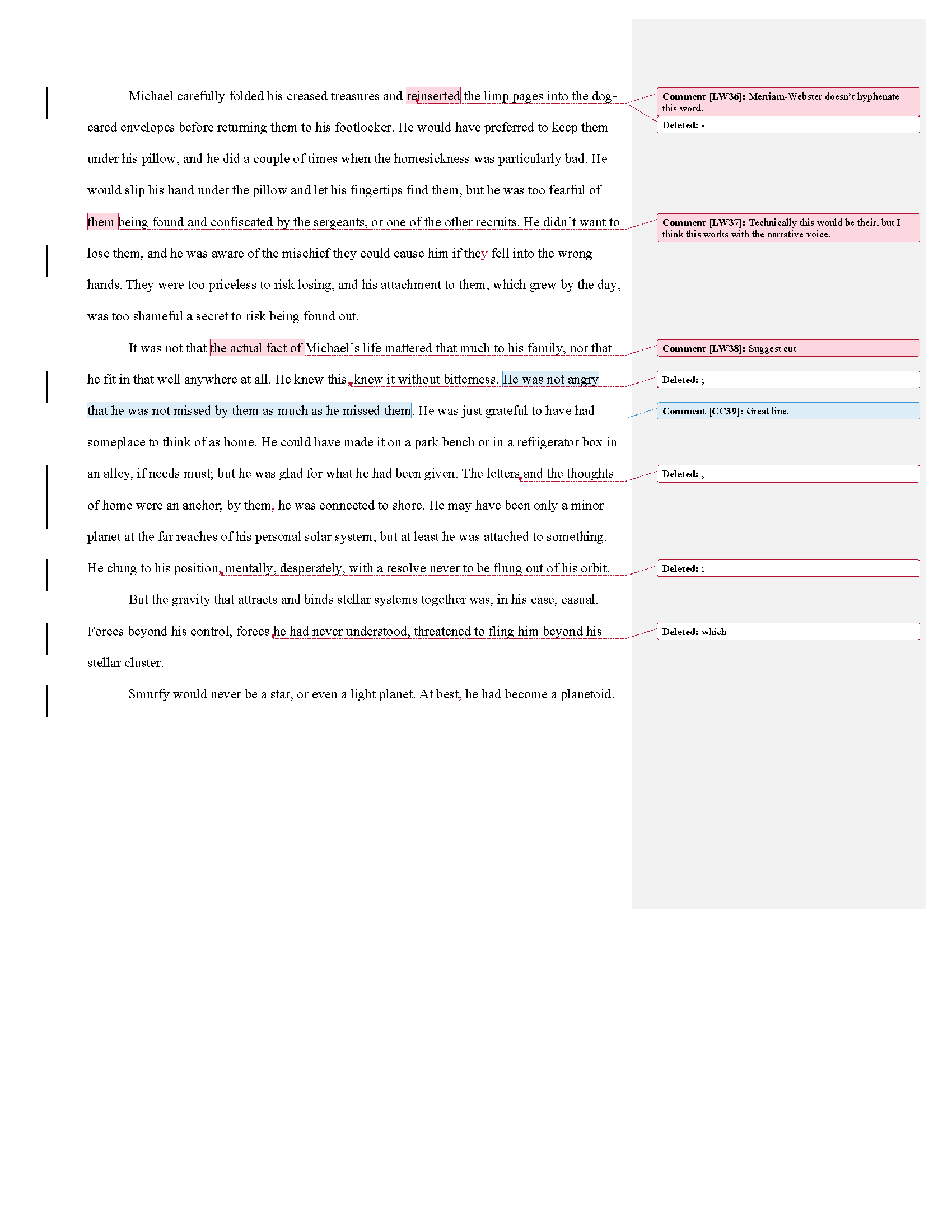How is basic story structure different in tales that focus on character as opposed to action? In this episode, you’ll find out and learn how to demonstrate change that comes from within.
Ep. 103: Narrative Identity and Why It Matters in Your Fiction
In this episode, Leslie and Clark critique “A Hero Least of All,” a literary short story by Tim LaFave. They discuss narrative identity and why it matters for your writing. As humans, we use story to make sense of our lives, and it’s important to understand the stories we tell about ourselves and the how this impacts our writing. We consider how being aware of our own narrative identity can help us revise, and we can use this emotional energy as fuel for our characters.
Listen to the Writership Podcast
Wise Words on Stories
“Stories are the way we make sense out of the events of our lives. Individually and collectively we tell stories in order to understand what has happened to us and to create meaning from those experiences. Storytelling is fundamental to all human cultures, and our shared stories create a connection to others that builds a sense of belonging to a particular community. The stories of a particular culture shape how its members perceive the world. In this way, stories both are created by us and shape who are. For these reasons, stories are central to both individual and collective human experience.
”
Additional Notes
Clark’s covers narrative identity in his course Punch Them in the Gut: Writing Fiction with Emotional Impact.
The two books on narrative identity that Clark mentioned are How Our Lives Become Stories, Making Selves and Living Autobiographically, How We Create Identity in Narrative by Paul John Eakin. Remember that Clark said these books are fairly technical.
We have a Patreon shout-out for E.A. Hennessy, the author of the steampunk novel Grigory's Gadget.
Editorial Mission—What's Your Story?
The more clearly we see and understand our own stories, the more we can use our emotions to fuel our stories, make our characters relatable, and connect with our readers. This week, look at your own life’s journey and where you’re at today. What stories do you tell yourself about your life and why you do what you do? Then consider one of the stories that you’ve written or are working on. Where do your stories show up? How can you bring more of your personal journey to make it more specific and connect with the reader?
Editing Advice to Our Author
Dear Tim,
Thanks for your submission to the podcast. “A Hero Least of All” gave us the opportunity to talk about narrative identity, a topic near and dear to our hearts. Like anyone else, writers mull over our concerns and worries, so they naturally find their way into our stories. It’s a great way to process events that are beyond our control and change the course of our own lives.
Michael is a great example of the way we can make sense of life because, given his circumstances, he could have been a very different person. Acknowledging that home isn’t what he would have wished for, but that the letters are his anchor in his present life demonstrates the way we use story to create a helpful narrative and cope with challenges. It’s not that he sees the world through rose-colored glasses, but he sees the world benevolently enough to keep him from falling into despair or lashing out.
You’ve done a great job helping readers empathize with Michael through the details you shared and the way he navigates a world that is not kind to him. We all know someone who is a bit awkward or sees the world differently, and I think your story helps people understand them better. This is one of the powerful things that stories can do—not only help us make sense of the world, but also to understand others’ experiences and worldviews. I found the story deeply touching, and I can't help but wish that the future holds something better for the Michaels of this world.
Just like any other story, the ones inspired by challenges we face need to work and avoid extra elements that don’t add to the telling. When you write for an audience beyond yourself, I recommend checking that everything included supports the story (the anecdotes, metaphors, descriptions). Not every aspect of what happens in real life will be relevant.
I also think this could be made stronger by showing us an episode or two from his hometown, the mail call episodes (before and after as contrast), and when he walks into camp after wandering around in the woods for three days. The third omniscient POV gives you lots of latitude to reveal powerful details to help the reader experience those scenes.
Generally speaking, when we use aspects of our personal stories in fiction, we need to make them worse or better than ordinary life in a memorable. Just as we wouldn’t include commonplace dialogue, make sure that the emotions and situations we include are larger than life. You’ve captured this well. For example, Michael doesn’t have one annoying nickname, he has many, some of which are humiliating and came to him through no fault of his own. He picks up new ones wherever he goes.
We did a light copyedit of the manuscript, and I’ve pointed out a few picky items in the submission. I suggest omitting scare quotes because they can become like speed bumps to the reader, and I made some other punctuation edits as well.
Thanks again for sharing your story with us and for trusting us with your words.
All the best,
Leslie & Clark
Line Edits for our Literary Fiction Short Story
Image courtesy of digitalista/bigstockphoto.com.


